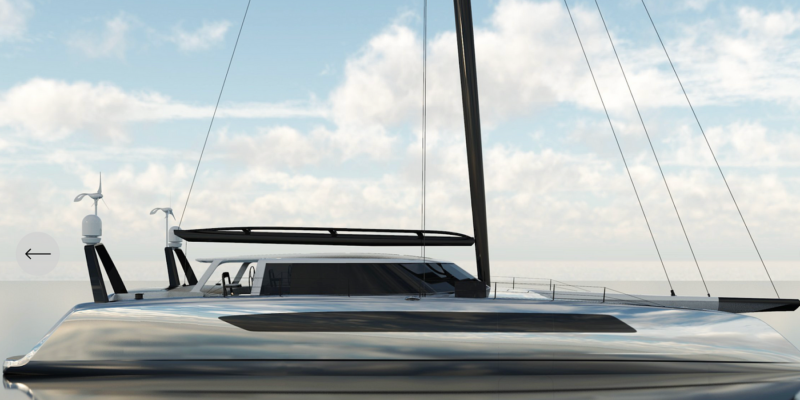Luxury yachting is a symbol of wealth and leisure. Even though this indulgent pastime is indulgent, its environmental impact is considerable. Luxury goods require a lot of energy and resources, and their production often harms local communities and ecosystems. In addition, the disposal of luxury items has a significant environmental impact. More people are buying and chartering these exclusive vessels for pleasure and status.
Fuel consumption and emissions
One of the most significant environmental concerns with luxury yachting is fuel consumption. Large yachts burn through massive amounts of diesel fuel, and a superyacht can use thousands of litres of fuel per hour when cruising. The emissions from yachts don’t just affect the global climate.
Impact on marine life
Luxury yachts can disturb marine habitats in several ways. Their hulls and propellers can damage coral reefs and seagrass beds. Anchoring is another issue. When yachts drop anchor, it can destroy sections of the seafloor. This is especially harmful in sensitive areas with coral reefs or seagrass. Some popular yachting destinations have seen significant damage from repeated anchoring.
Water pollution
Luxury yachts generate various types of waste that can pollute the ocean if not correctly managed. This includes sewage, grey water from sinks and showers, and bilge water that may contain oil and fuel residues. While regulations exist for waste management on yachts, enforcement can be challenging in international waters. Many yachts use anti-fouling paints on their hulls to prevent marine growth. However, cleaning and repainting yacht hulls can also release these toxins into the environment.
Resource consumption
The operation of luxury yachts requires significant resources beyond just fuel. Fresh water is used in large quantities for drinking, cooking, showers, and cleaning.
Steps towards sustainability
Despite these environmental challenges, the yachting industry is taking steps to become more sustainable. Many yacht builders are exploring alternative propulsion systems to reduce emissions. Some yachts even experiment with hydrogen fuel cells or fully electric propulsion for short-range trips.
Improved hull designs
Advances in hull design can make yachts more fuel-efficient. Streamlined shapes reduce water resistance, allowing yachts to use less fuel.
Sustainable materials
Sustainable materials are increasingly being used in yacht construction and interiors. Some builders are also exploring ways to make yachts easier to recycle at the end of their lives.
Waste management systems
Modern yachts are equipped with advanced waste treatment systems. These can process sewage and grey water to safe standards before discharge. Some yachts can even store all waste onboard for proper disposal in port facilities.
Responsible anchoring
Many yacht owners and captains are adopting more responsible anchoring practices to protect sensitive marine habitats. This includes using electronic anchoring systems that don’t physically touch the seafloor or choosing designated anchoring spots away from coral reefs and seagrass beds.
Role of yacht owners and charterers
Xclusive yachts can be operated more sustainably with conscious choices.
- Reducing speed to save fuel
- Choosing eco-friendly cleaning products
- Minimizing waste and properly disposing of it
- Respecting marine protected areas and wildlife
- Supporting local conservation efforts in visited areas
The xclusive yachts industry must balance its indulgent nature with environmental responsibility. Using renewable energy sources, for example, can also help reduce its environmental impact. Luxury yachting companies can also focus on reducing their energy consumption and switching to more efficient engines. Additionally, they can introduce more sustainable materials into their production process.












Comments